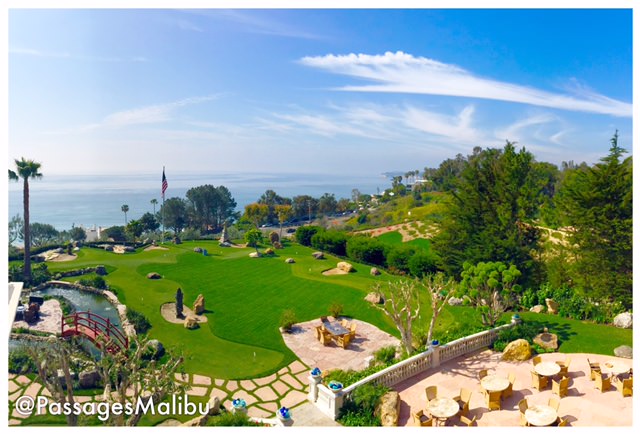Drug and alcohol recovery is a serious business where people’s lives hang in the balance. It is essential to compare rehab program success rates and critically evaluate the information you are provided with to find the best program. You as a consumer need to be aware of two areas: deceptive practices in reporting rates and comparing disparate information.
Compared to Rehab Program Success Rates
In evaluating different programs and choosing the best program for yourself or a loved one, you need to critically examine the information you receive from rehab programs. While many drug and alcohol programs are honest about their success rates, sometimes the initial information provided makes it hard to draw a direct comparison between programs. Asking about specific statistics and understanding how success rates function can help you make the best recovery choice for yourself or a loved one.
- Success Rates
When comparing different rehab programs, ask them how they define “success.” What are they measuring? Are they measuring success by reporting how many people merely completed the program? Are they defining success as sobriety lasting six months, one year, or five or more years? When they report a success rate, is it based on the number of people who started treatment or who finished it?
- Completion Rates
One way to compare different programs is to look at completion rates for patients. It is not a good sign if a rehab program has a low completion rate. While this does not tell you precisely what the problem with the program is, it does indicate that there is a reason people are not achieving sobriety there. Additionally, a program can artificially raise its success rate by giving up on complex cases and allowing them to terminate the program early. Thus, a place with a low completion rate and a high success rate may be cherry-picking lower-level addictions to focus on to create artificially high success rates. On the other hand, programs that focus on the individual and their specific recovery plans tend to have high completion and success rates.
- Relapse Rates
Be wary of places that boast about their program’s “relapse rate.” A mindset that focuses on relapse—or considers significant relapse rates successes—demonstrates that they do not believe in curing drug or alcohol dependency and doesn’t tend to bode well for their program’s effectiveness.
Non-12-Step Addiction Rehab at Passages
Passages Malibu is an alternative to traditional rehab that provides a holistic, client-centered approach to addiction treatment. Find lasting healing through our model of care and experiential therapies. You will uncover the root causes of your addiction, and we will provide you with tools for lifelong sobriety and change. We can help you turn your life around and find hope again. Call 888–438–0596 today for more information.


